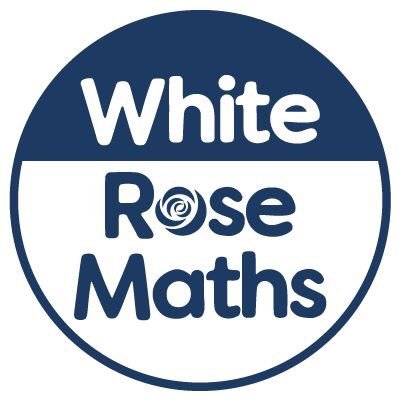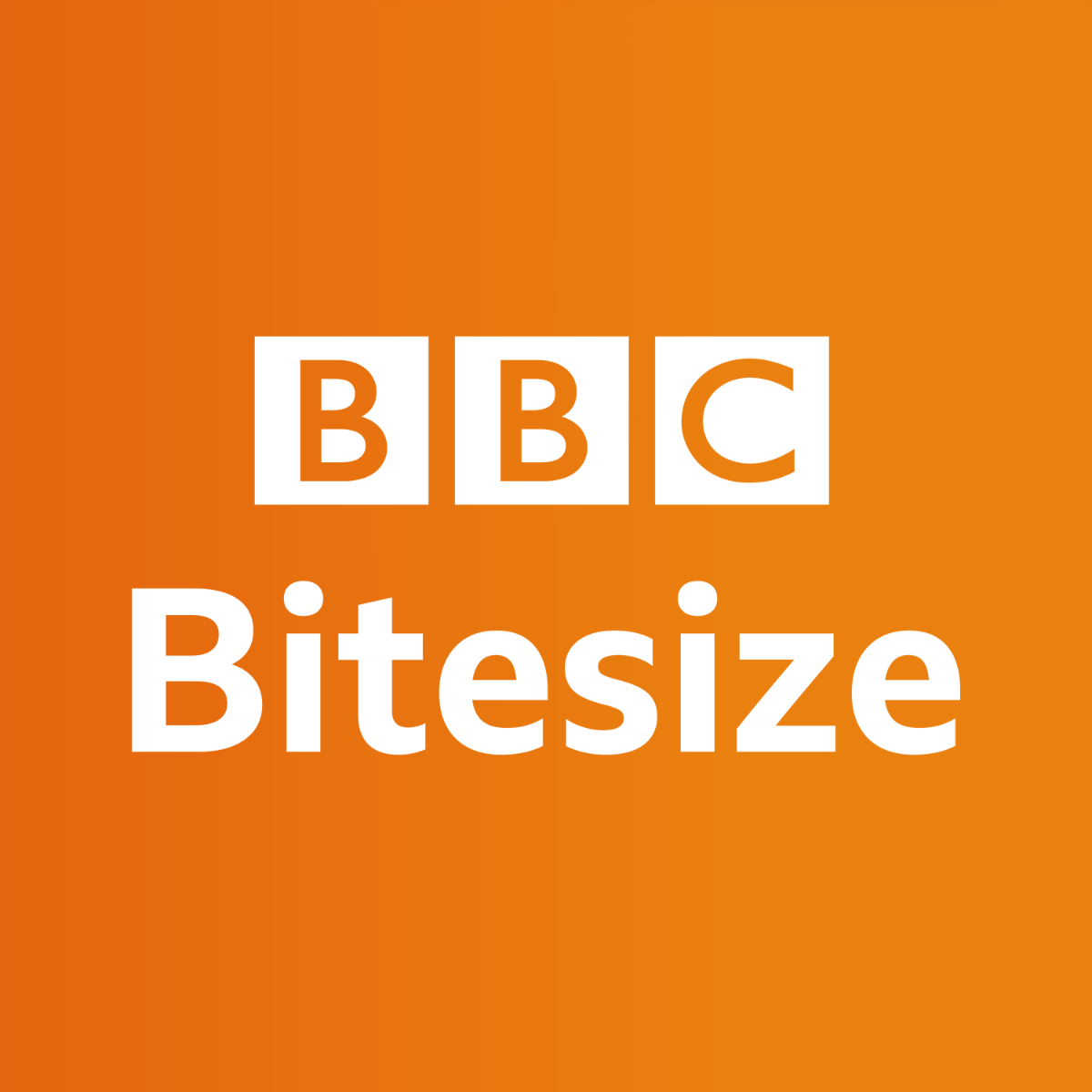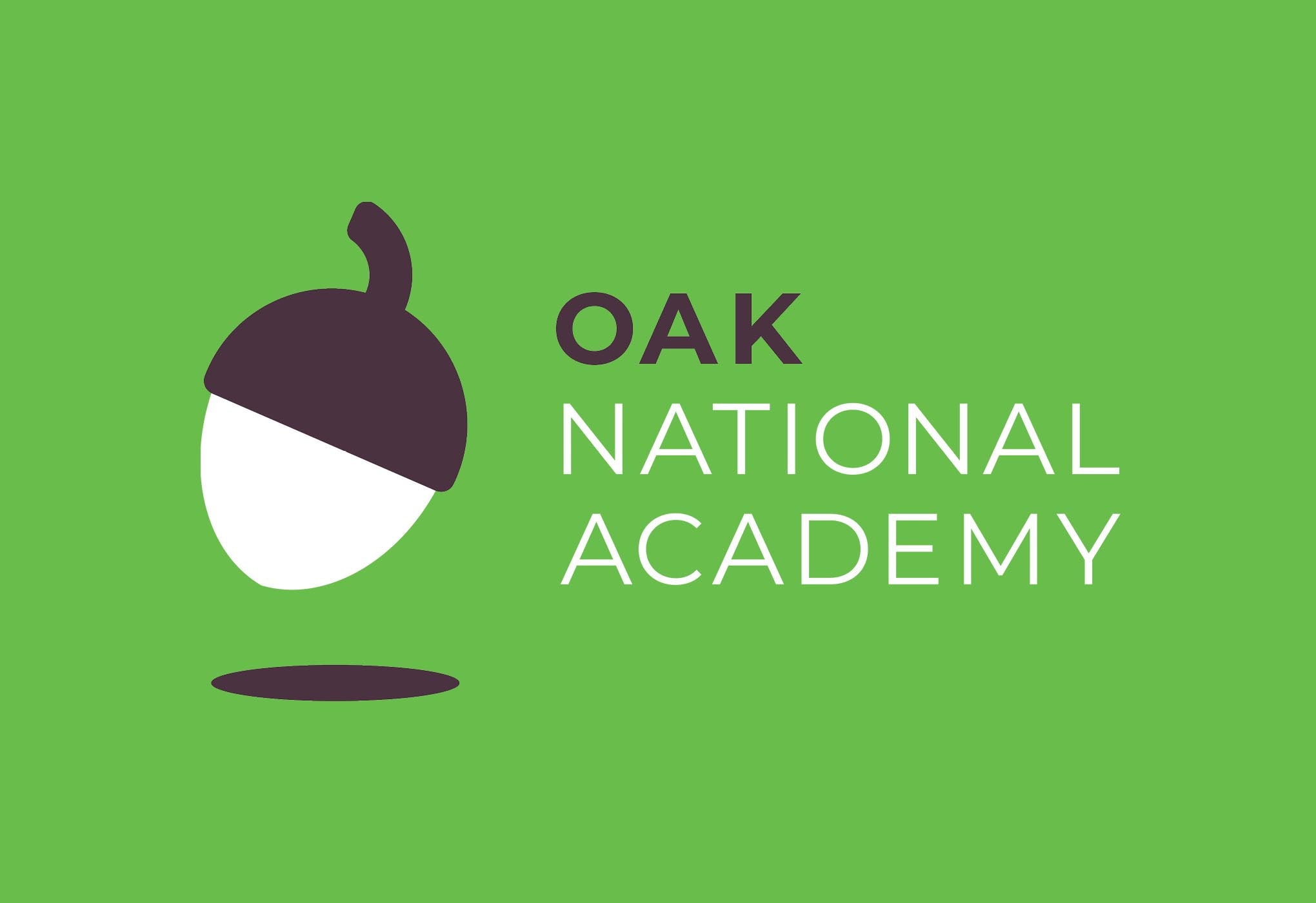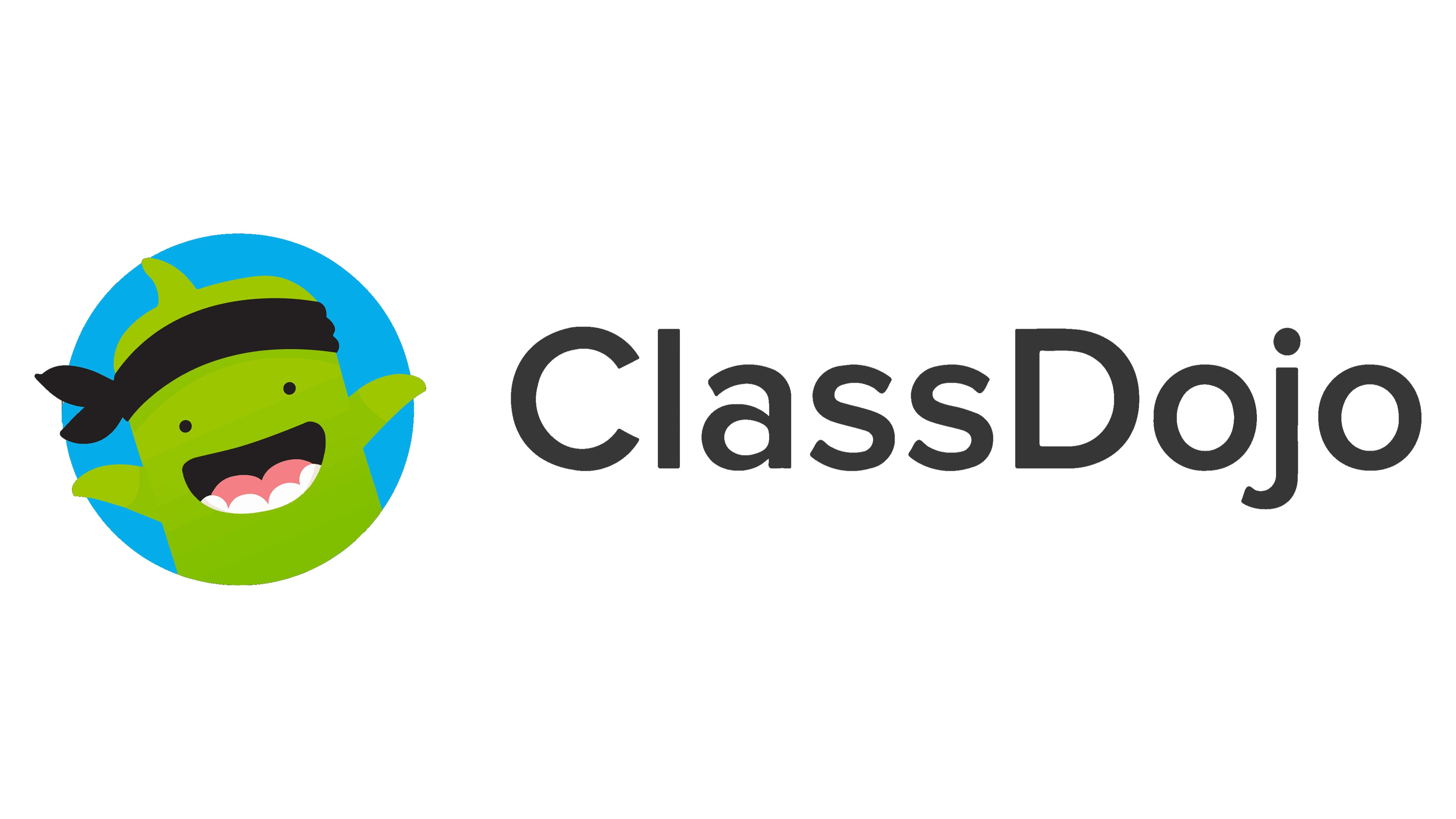The following tabs provide information that schools are required to publish on their school websites.
If you have any questions regarding statutory information and compliance at Colebourne Primary School, please get in touch with Mr. Guest (Headteacher).
You can find key information about the pupil performance Colebourne Primary School on the Department for Education Performance Website.
Academic Year 2022-2023:
The full data is available on the DFE performance website (see link above).
For this cohort of children, their outcomes were broadly in-line with National results. The DFE state in relation to 2022 results for all schools:
“School performance data for the 2022/23 academic year should be used with caution given the ongoing impacts of the COVID-19 pandemic, which affected individual schools and pupils differently.
School performance data should be considered alongside a range of other information about the school, which could include looking at school websites, reading Ofsted reports, and speaking to the school directly. Conclusions should not be drawn on a single piece of data alone.”
The test result data is given below for comparison.
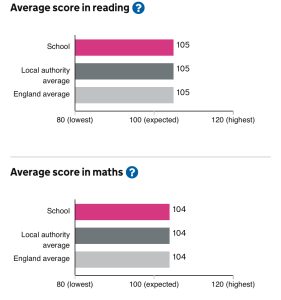
Academic Year 2021-2022:
The government will not publish KS2 school level data for the 2021 to 2022 academic year. The last available public data is from the 2018 to 2019 academic year. It is important to note that the data from that year may no longer reflect current performance.
For information, here are the outcomes of the most recent Year 6 SATs tests and teacher assessment for writing for Colebourne children for the school year 2021-2022. We are pleased to report that Colebourne children performed better than children nationally.
| Achieved the expected standard or better | Grammar, Spelling and Punctuation | Reading | Maths | Writing | Reading, Writing and Maths Combined |
School 2022 | 80% | 83% | 72% | 71% | 62% |
National 2022 | 72% | 74% | 71% | 69% | 59% |
School +/- vs National | +7% | +9% | +1% | +2% | +3% |
The Government allocate funding to most schools for improving physical education (PE) and sport in primary schools. You can get the up to date information from the DFE website – sports funding page. At Colebourne, the allocated funding for 2022-2023 equated to approximately £19,000.
We have used some of this money to:
- hire specialist sports coaches to work with primary teachers during PE lessons and to deliver PE lessons
- hire sports coaches to provide coaching during lunchtimes
- support and involve the least active children by running fitness clubs and activities
- provide resources and training courses in PE and sport for teachers
- take part in sport competitions and increase pupils’ participation
We have also supplemented this money with school budget share to:
- purchase increased equipment for physical activity at lunch and breaktimes
- Additional release time for Sports leaders to develop clubs and curriculum
- Consultancy work to develop new PE and sports approach
Since 2021 we have focused on:
- Ensuring the main school PE curriculum is of a high standard and ensure increased fitness and sports skills development
- Increasing physical activity across the school week to respond to Covid fitness and health, and to improve overall well being
- Using on-site swimming to enable more efficient use of time and allow more children to access swimming
- Increase the number of sport related afterschool clubs
- Target the fitness of the most needy
A copy of our Sports Action Plans can be found by clicking on the link below:
The pupil premium is additional funding given to publicly funded schools in England to raise the attainment of disadvantaged pupils and close the gap between them and their peers. You can find more information from the Department for Education here: DFE Pupil Premium guidance
The Secretary of State for Education lays down terms and conditions on which assistance is given in relation to the pupil premium grant (PPG) payable to schools and local authorities.
Pupil premium is funding to improve education outcomes for disadvantaged pupils in schools in England. National evidence shows that disadvantaged children generally face additional challenges in reaching their potential at school and often do not perform as well as other pupils.
At Colebourne we use this money very carefully to target provision for children who are not progressing as well as their peers as a result of this disadvantage.
Colebourne’s approach to pupil premium.
At Colebourne, we aim to ensure that children receive a wide range of opportunities, regardless of their background, and strive to ensure that children from disadvantaged backgrounds are given support to enable them to close attainment gaps with other children nationally. We aim to identify barriers to learning and remove them, or minimise the impact they have on children’s learning and wellbeing.
Barriers to learning:
We have identified the following as the most significant and prevalent barriers to learning for PPE children:
- Low prior attainment, relative to non-PPE children.
- Low early language and speech
- A lack of opportunities to support learning in the home environment.
- A range of difficult circumstances, either historical or current, leading to different issues, including emotional concerns and poor mental health.
- A lack of opportunities to gain a wide range of life experiences.
- Social and emotional issues resulting in low confidence and self-esteem.
- Attendance: Some children’s attendance is low which will impact on their learning.
- Trauma and other mental health issues in the family and/or child
- Special educational needs and disabilities
Nature of Support:
We track all children’s academic performance, barriers to learning and physical and emotional needs. We also identify any aspects of trauma history which may affect them now or in the future. This along with close partnership with parents enables us to be in a good position to offer support to all children when it is needed.
We run programmes through our PSHE curriculum to help build children emotional resilience. Staff are trained on areas such as inclusive practices in teaching, compassionate approaches to the management of behaviour and the detailed understanding of attachment difficulties.
We have an ethos of looking beyond the behaviour in order to identify support. We recognise that without the emotional and nurture support, children with additional needs do not perform well. It is through our approach that enables these children to perform as well as possible.
We treat Pupil Premium as a vital part of our strategy to support vulnerable children and those with additional needs.
We offer our children a range of specific support including:
- High quality teaching through effective training for staff based on research models
- Additional proven interventions and strategies included tuition
- Sounds Write Phonics approach to develop early phonics, reading and writing
- Wellcomm approach to develop early speech and language
- Emotional wellbeing support – we invest heavily in Learning Mentor support and family support work
- Family Support Workers and external providers for pupil and family support enable us to support the wider family and ensure appropriate support is in place.
- Rigorous support for children with Special Educational Needs and Disabilities
We rigorously track the progress of these children and report on this to the Governors and here on this page.
Information about how we are spending the governments COVID-19 catch up money can be found here;
Some children will need to stay at home for various reasons, including general illness and those having to to self-isolate or when there is a National lockdown and schools are required to limit attendance.
We have put in place arrangements to support those children at home with learning:
All remote learners will:
- receive high–quality new learning each day;
- be able to submit work to their teachers;
- receive targeted support for SEND pupils;
- have the appropriate hardware and internet access to enable them to access home learning;
- be able to contact their teachers to ask for support.
- Receive feedback on their learning
Our Remote Learning Policy explains our approach in details. It can be downloaded here:
Home Learning Links:
School E-Learning Subscriptions:
Colebourne Home Learning Hub – Lockdown Lessons (March – July 2020):
All the lessons and resources from each week of home learning at Colebourne from during lockdown. Great to look back at and complete any missed activities.
Sports Participation Week:
Sports challenges to complete at home.
OFSTED inspection – October 2024
Our most recent inspection took place in October 2024 . This was a 2 day ungraded inspection.
OFTSED stated that: “Colebourne Primary School has taken effective action to maintain the standards identified at the previous inspection.”
You can download the full report here: OFSTED REPORT – October 20 24
A few key points from the October 2024 report are:
“Pupils feel safe and happy in school and enjoy their learning. There is a strong sense of community, both within the school and beyond.
Parents and carers enjoy all that the school offers. One parent shared, ‘The school provides a safe environment where our children can flourish’.
The school is a calm and purposeful learning environment, where children achieve well.
Adults care about the pupils and want the best for them. In doing so, they encourage pupils to have high aspirations for themselves and what they can achieve.
Pupils take pride in their work.
There are many clubs and trips that pupils are encouraged to be part of. One pupil said, ‘No matter what you are interested in, there is something for you at Colebourne.’
The school provide an interesting and engaging curriculum that is broad and balanced. Staff drive this with real ambition and work towards the best possible outcomes.
Early years provision is high quality. The interactions between adults and children are excellent. Provision is strong in every corner of the early years environment, inside and outside. Children are settled and happy.
Pupils are enthusiastic learners and are proud of their achievements.
Classroom environments are well organised and effective spaces for pupils to concentrate and learn.
Pupils engage in their lessons well and respond showing respect. They produce work that is high quality.
The school is highly committed to ensuring that all pupils take part in opportunities to support their personal development.
Staff enjoy the opportunities to develop as professionals and feel proud to work at the school.”
OFSTED inspection – May 2019
OFTSED stated that: “This school continues to be good. The leadership team has maintained the good quality of education in the school since the last inspection.” Inspection Report – May 2019
You can download the report here: OFSTED REPORT – May 2019
A few key points from the May 2019 report are:
“The leadership team has maintained the good quality of education in the school since the last inspection.
One comment made by a pupil represents the voices of many pupils, parents and carers: ‘No matter what, they always support you.’
The development and support offered to pupils is raising the aspiration of all to reach higher standards.
..pupils are excited about their learning and want to come to school regularly..
Pupils behave well, feel safe and unreservedly identify an adult who can help them if they have any difficulties.
The pastoral team provides good support for pupils.
The care for pupils provided by the strong pastoral team is effective. This team ensures that pupils and their families receive the support they need at the right time.
Attitudes to school life are built on mutual trust and pupils told me that they feel safe.
Pupils talk confidently about what they have learned and how they have improved their work.
governors have a good understanding of the school’s strengths and areas for improvement.
Across the foundation subjects, pupils experience a broad, themed curriculum.
The range of educational visits, visitors and experiences complement the topics and provide rich stimuli for pupils to talk and write about.
Pupils want to come to school and attendance is good…pupils do not want to miss out on the learning and extra-curricular opportunities provided by the school, such as the range of sporting opportunities and extra-curricular clubs available.”
OFSTED inspection – May 2015
Colebourne is a GOOD School with GOOD Teaching, GOOD pupil achievement and GOOD Early Years. We have OUTSTANDING behaviour and safety and OUTSTANDING Leadership and Management. You can download the reports and some associated documents at the bottom of the page.









OFSTED Reports:
Parent Meeting Presentations:
A bank of school policies can be found at the link below. If you require paper copies, please contact the school office.
At Colebourne, we provide a range of support for children with additional needs. We ensure that we develop a good understanding of the children’s individual needs and put in places provision which will help them thrive.
Special Educational Needs and Disabilities (SEND) is a complex area as there are many specific needs that children may have and a range of different support that we offer. Therefore, we have produced are range of information to help parents understand what we can provide for children with additional needs. This information can be found here: Additional Needs Parent Information Area
If you have any questions, please contact our Inclusion Leader, Mrs. Sue Smart on 0121 675 8500 option 1 or email s.smart@colebourne.bham.sch.uk
Birmingham Local Authority also have a range of support for families with children with additional needs.
You can find more information about the Birmingham Local Offer here: Birmingham Local Authority Offer Page
Colebourne Governing Body is made up of 12 governors (2 staff, 2 parents, 1 Local Authority, and 7 co-opted).
You can see our current list of governors, their responsibilities, information about other interests, period of office, record of attendance at meetings and their pecuniary and personal interests by viewing our governors membership information files – click here!
What do we do?
We help and support the school to ensure that it can be as good as it can be. We do this in a number of ways from contributing at meetings to helping out at school events, listening to the views of parents and offering
support and challenge to the school leadership.
Core things that we do are:
- Monitor progress and attainment of years groups and key stages
- Are a voice for different stakeholders: parents, community and local authority
- Ensure key policies are in place and are followed.
- Agree staffing numbers and help appoint staff
- Closely monitor the schools budget and finances and make decisions on some spending
- Come in to school and talk to teachers and children about school
- Monitor the School Development Plans including action points following OFSTED inspections
We hope to use this page to keep parents updated with the work of the governors and let you know of some of the key decisions that we make.
We also aim to ensure that the governing body have the necessary skills to ensure the effective leadership of the school. We conduct an annual skills audit to ensure the governing body has the appropriate skills. Weaker areas from the audit feed into the training the governing body receives during the following year.
The governing body also writes to parents to keep them up to date with some of the keys areas and decisions of the governing body. These can be seen below.
Careful budgeting is critical for ensuring the correct running of a successful school.
The governing body is responsible for the oversight of the school budget, with the head teacher and the school finance teams running the day to day budget.
The governing body receive termly finance reports to monitor the budget which is interrogated in a committee.
Once a year, the full governing body approve the budget for the following financial year and evaluate the financial performance of the school through benchmarking exercises and the submitting of the the schools financial value standard (SFVS) which helps to provide schools with assurance that they are meeting the basic standards necessary to achieve a good level of financial health and resource management.
The SFVS checklist asks a number of questions of governing bodies in six areas of resource management to provide assurance that the school is managing its resources effectively. This is used to identify possible areas for change to ensure that resources are being used to support high-quality teaching and the best education outcomes for pupils.
Statutory Requirement to publish the number of employees (if any) whose gross salary exceeded £100k?
At Colebourne we have 0 (zero) employees whose gross salary exceed £100,000.
You can also compare how a school or trust’s income and expenditure compares with similar establishments in England, using the Schools financial benchmarking website: Schools Financial Benchmarking – GOV.UK
The law is changing and the General Data Protection Regulations (GDPR) comes into effect on 25th May 2018. It will bring higher standards for handling data and greater expectations for improved transparency, enhanced data security and increased accountability for processing personal data. Schools will have a legal duty to comply with the GDPR.
The new GDPR (General Data Protection Regulation) is replacing the current Data Protection Act (DPA) and is set to strengthen and unify all data held within an organisation. For schools, GDPR brings a new responsibility to inform parents and stakeholders about how they are using pupils’ data and who it is being used by.
What does GDPR mean for schools?
A great deal of the processing of personal data undertaken by schools will fall under a specific legal basis, ‘in the public interest’. As it is in the public interest to operate schools successfully, it will mean that specific consent will not be needed in the majority of cases in schools.
GDPR will ensure data is protected and will give individuals more control over their data, however this means schools will have greater accountability for the data:
- Under GDPR, consent must be explicitly given to anything that isn’t within the normal business of the school, especially if it involves a third party managing the data. Parents (or the pupil themselves depending on their age)
must express consent for their child’s data to be used outside of the normal business of the school.
- Schools must appoint a Data Protection Officer and be able to prove that they are GDPR compliant.
- Schools must ensure that their third party suppliers who may process any of their data is GDPR compliant and must have legally binding contracts with any company that processes any personal data. These contracts must cover
what data is being processed, who it is being processed by, who has access to it and how it is protected.
- It will be compulsory that all data breaches which are likely to have a detrimental effect on the data subject are reported to the ICO within 72 hours.
You can find information about GDPR in the UK from the Information Commissioners Office (ICO) website.
The full GDPR legislation can be found on the EU GDPR website.
The school day runs from 8.30am – 3.20pm (3.15pm for reception)
On Fridays we close at 12.40pm (12.35pm for reception) and offer a Friday afternoon provision for those who need it.
The total school hours for the week is: 31hrs 30 minutes
We also operate a full wrap around service:
Breakfast Club: Monday to Friday – 7.45am-8.30am
Funtime Club: Monday to Friday 3.15pm/3.20pm – 5.30pm Monday to Thursday, and until 4pm on a Friday.
After school clubs: We run a full programme of extra-curricular activities; we aim to have at least 2 opportunities per week for children to attend these. Clubs include sports, arts and crafts, science, music and more.
The Department for Education (DFE) has published statutory guidance for school for “Relationships Education, Relationships and Sex Education (RSE) and Health Education”.
You can view the full guidance here: https://www.gov.uk/government/publications/relationships-education-relationships-and-sex-education-rse-and-health-education
This is now mandatory for schools to comply with.
The statutory framework for Primary school is divided into two main sections: Health Education, and Relationships Education and has the following sections:
Health Education
- Families and people who care for me
- Caring friendships
- Online relationships
- Being safe
Relationships Education
- Mental wellbeing
- Internet safety and harms
- Physical health and fitness
- Healthy eating
- Drugs, alcohol and tobacco
- Health and prevention
- Basic first aid
- Changing adolescent body
At Colebourne, we deliver the statutory requirements for Relationships and Health Education through our Personal, Social, Health and Economic Education (PSHE) curriculum, which aims is to equip children with the skills and understanding to become healthy, secure, independent and responsible members of society. We prepare our pupils for the opportunities, responsibilities and experiences in later life and encourage them to use developing social skills and knowledge to identify risk to make safe decisions for them.
PSHE has an integral part to play in building pupils’ mental wellbeing and their understanding of themselves as part of a family, community and wider society. As our pupils grow, they will understand their rights as global citizens and the responsibility that this brings.
Parents do not have a legal right to withdraw their child(ren) from teaching covered in the statutory guidance.
There are weekly PSHE (Personal, Social, Health and Economic) lessons in each year group for approximately 30min per week. These sessions cover all the statutory requirements for Health and Relationships education. Many aspects will also be covered through general day to day interactions, assemblies, stories and through visits and visitors.
At Colebourne, we mainly use a published scheme called Jigsaw for our PSHE curriculum. This has been adapted following consultation with parent, staff and governors.
There are 6 units each year for each year group:
- Being me in My World
- Celebrating Difference
- Dreams and Goals
- Healthy Me
- Relationships
- Changing me
We also use some external units instead of a few units which can be seen below.

Puberty and Reproduction
In addition to our PSHE work, we also teach elements of puberty and reproduction through our science curriculum. The planning and resources for our Year 5 unit of puberty and the Year 6 unit on human reproduction has been updated (July 2021) to take account of some of the new relationships and health education requirements and to ensure it is suitable for our children and community.
The units and resources are always shared with parents before the units take place. This is usually through a meeting in school or online.
Below, you can see previous letters for Year 5 and Year 6 Parents:
Equality Information & Objectives (Public Sector Equality Duty) Statement:
Colebourne Primary School is committed to promoting equality, diversity, and inclusion within our school community. We believe that every member of our school, regardless of their background, deserves an equal opportunity to thrive and succeed. We are dedicated to ensuring that all students, staff, and parents feel valued, respected, and able to contribute their unique qualities and perspectives to our school environment.
As a public sector organization, we are bound by the Public Sector Equality Duty under the Equality Act 2010. This duty requires us to:
- Eliminate Discrimination: We will work tirelessly to eliminate all forms of discrimination, including direct and indirect discrimination, harassment, and victimization based on the nine protected characteristics defined by the Equality Act: age, disability, gender reassignment, marriage and civil partnership, pregnancy and maternity, race, religion or belief, sex, and sexual orientation.
2. Advance Equality of Opportunity: We are committed to promoting equality of opportunity for all members of our school community. This includes students, staff, parents, and visitors. We will actively seek to identify and remove barriers to learning and participation.
3. Foster Good Relations: We will foster good relations between people who share a protected characteristic and those who do not. Our aim is to create a school environment that is inclusive, respectful, and welcoming to all, regardless of their background.
Equality Information:
We have established the following objectives to guide our efforts in promoting equality and inclusion at Colebourne Primary School.
- Achievement and Attainment: We will strive to close the attainment gap between different groups of students, particularly focusing on those who are underachieving.
We will monitor progress and provide targeted support to ensure all students reach their full potential.
- Inclusive Curriculum: We will review and adapt our curriculum to ensure it reflects the diversity of our society and is accessible to all students, regardless
of their background. We will promote diversity and inclusion in teaching materials and classroom activities.
- Professional Development: We will provide training and development opportunities for our staff to enhance their understanding of equality, diversity, and inclusion.
This will enable them to create an inclusive and welcoming learning environment.
- Engaging with Parents and Carers: We will actively engage with parents and carers to ensure they are involved in their child’s education and the wider school community.
We will provide information and support in a way that is accessible and inclusive.
- Monitoring and Review: We will regularly review our progress in achieving our equality objectives. We will involve all stakeholders in this process.
Conclusion:
At Colebourne Primary School we are committed to promoting equality, diversity, and inclusion as fundamental principles of our educational community. We invite all members of our school community to join us in this important endeavour as we work together to create a school where every individual is valued, respected, and given the opportunity to flourish.
This statement will be reviewed at least every 4 years annually to ensure its continued relevance and effectiveness in promoting equality and inclusion.
Our School Vision
After discussion with children, parents, staff and governors about the direction of the school and the areas that we value as a community school we developed the following vision statement. We also developed a pupil guarantee to ensure that children understood what this vision meant for them in a more meaningful and specific way. We also have the “50 Things” experiences that we guarantee the children have the opportunity to complete during their time at Colebourne.
As we work very closely with Beaufort School we have the same tag line:
“Working together to achieve success for all”.
This tag line reflects the opportunities we have to work together in many ways: As two schools working together; pupils working together with other pupils; staff working with other staff, pupils, parents and the community and all other combinations. It shows our commitment as a school in working together. The success element spans all elements of success – whether this be academic, social or emotional or sporting to name just a few. It also shows that as a school we look at success in a holistic way with a focus on the journey for every child, every staff member, and every family.
More specifically as an individual school we have the overall aim of:
“We value each individual child and work with parents, the community and beyond to offer diverse experiences and support for pupils and families in a caring and safe environment. We develop children to be confident, life-long learners and compassionate, respectful members of their community and the world.”
From this, we identified five areas that will help guide the way the school operates and provides its services:
We work in partnership with our school community
- Actively involve families in the life of the school
- Provide access to a range of support and services
- Communicate in a variety of ways
- Take an active role in making a positive difference in our local community
We foster and develop life-long learning
- Use evidence based approaches for effective provision
- Promote positive learning behaviours and values
- Effectively use ongoing support and progress checks to enable children to achieve
- Continually develop highly skilled and reflective practitioners at all levels
- Share and utilise expertise
We effectively meet the individual needs of all of our pupils and families
- Ensure that all of our pupils can access all aspects of school life
- Ensure the early identification and assessment of needs
- Provide relevant resources to meet needs
- Offer a variety of support for families
We support all children, families and staff to have a healthy mind and body
- Develop children’s and families’ understanding through the school curriculum
- Develop emotional resilience
- Provide early and intensive packages of support to meet a variety of needs
- Offer access to a range of professionals
- Provide opportunities to experience outdoor learning
We develop well rounded individuals by providing a range of diverse learning opportunities and experiences
- Develop core skills and attitudes needed for life now and in the future
- Enable children to become numerate, literate and communicate effectively
- Foster and support talents and interests
- Broaden learning through links with businesses, charities and other educational establishments
- Provide all children with a range of wider learning opportunities

